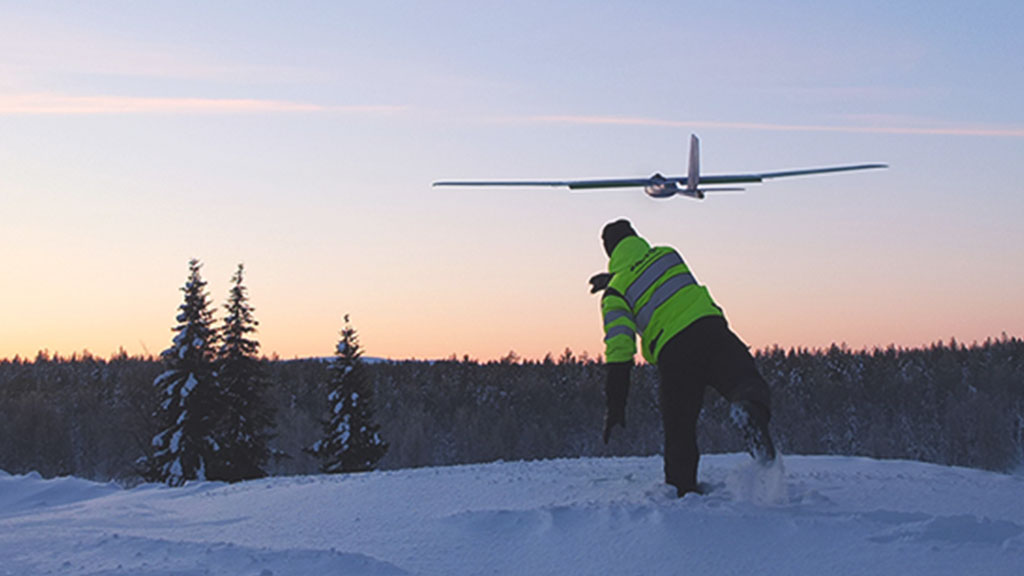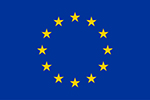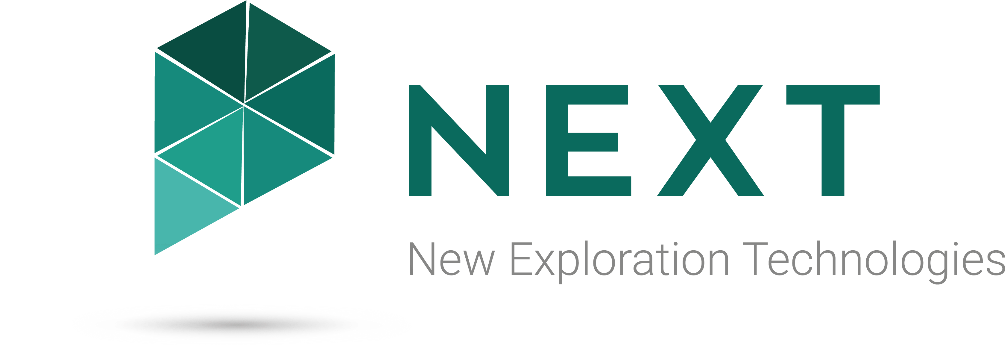European Commission Ranked the Novel and Environmentally Friendly Survey System for Mineral Exploration a Top Innovation Product
All expectations were exceeded in the NEXT – New Exploration Technologies project led by Geological Survey of Finland. One of the outcomes was developing an environmentally friendly mineral exploration method that has already been ranked by European Commission Innovation Radar as a top innovation. The project developed new geomodels, novel sensitive exploration technologies and data analysis methods which together are fast, cost-effective, environmentally safe, and potentially more acceptable to local actors and communities.

“NEXT results have been already used by mineral exploration companies with a great success”, says Scientific Coordinator, Research Professor Vesa Nykänen from Geological Survey of Finland (GTK).
One of its outcomes has already been picked by European Commission Innovation Radar. Independent experts of the Innovation Radar ranked the Novel electromagnetic (EM) survey system on UAV for mineral exploration, as a top innovation product developed in the NEXT project with a high market potential in the near future.
“This survey system is a remarkable result of the NEXT project. The Finnish company Radai Oy started the development of it within the NEXT project and it has proven to be highly versatile. Now the team at the Radai SME are developing the system further for commercial use”, Nykänen explains.
Great achievements on all work packages
“We had seven work packages and ten objectives to start within the NEXT project. Results show that cooperation between partners has been fruitful and we have achieved excellent results in all work packages”, says Project Manager Juha Kaija from GTK.
The other remarkable achievement of NEXT are the SOM (Self-Organizing Maps) Software Tools. The aim in the NEXT project was to develop a new modern software and tools for data processing and integration. A new open-source software tool, GisSOM, for geoscientific data integration in combination with artificial neural works and self-organizing maps is available in GitHub.
“GTK and BEAK worked jointly to create data fusion tools. GTK is responsible for the open-source SOM software tool and the German company BEAK is keen to develop it further for commercial use in their advangeo® software suite”, Nykänen explains.
“The large number of publications in the project is particularly gratifying. There are more than 40 peer reviewed articles already published or submitted to scientific journals in the NEXT project”, informs Nykänen. All the publications will be released on open access platforms.
Research on social licence to operate
Social License to Explore (SLE) is nowadays an important element of exploration activities. In the NEXT project, three case studies in different contextual settings in Sweden and Finland were explored. Interviews with local organized actors and surveys among the local residents were conducted to investigate which factors shape a local communities’ attitudes towards mineral exploration. This research concluded that new sensitive technologies are generally welcomed by local people, but other factors affecting local actors’ attitudes are more important. Proactive information and active community engagement at the outset of a project can help build good relations and hand on demonstrations of the new technologies can generate active interest among local actors. The outcomes of the research on the SLE thematic as well as write-ups on the new tools and improved insights on the way ore deposits are formed have been collected in the NEXT Practical Toolkit addressed to Mineral Exploration and Mining Companies. This publication has been purposely written in an easy-to-grasp language and is complemented with recommendations which are foremost addressed to mineral exploration companies about what to communicate about the new exploration technologies, why, how, when and where during the mineral exploration stages.
Help for clustering
Clustering with other ongoing EU funded projects was one of the objectives of the NEXT project. Although not originally foreseen at the outset, the NEXT project developed a new open-access module “Projects Map” on the Cordis portal. This was achieved through the active cooperation of the Community Research and Development Information Service (CORDIS) team, based in Luxembourg and the University of Lorraine in France. The new module allows to explore synergies in a highly efficient manner and should prove valuable not only to the domain of mineral exploration and mining, since the search function permits to look for potential synergies on any topic of scientific research the “jungle” of EU funded research projects.
The NEXT consortium was coordinated by the Geological Survey of Finland (GTK) and consisted of 16 partners from research institutes, academia, service providers and mining industry from the six EU member states Finland, Sweden, Germany, France, Malta and Spain. The NEXT budget amounted to 6.9 Million Euro, funded through the Horizon2020 Framework Programme. The NEXT Final Event took place in September 2021.
More information:
Project Manager Juha Kaija, Geological Survey of Finland
juha.kaija@gtk.fi, tel. +358 29 503 2572
Scientific Coordinator Vesa Nykänen, Geological Survey of Finland
vesa.nykanen@gtk.fi, tel. +358 29 503 4306
Project page https://new-exploration.tech/
The NEXT project has been funded by the European Union’s Horizon 2020 research and innovation programme under grant agreement ID 776804 – H2020-SC5-2017.


Disclaimer:
The information and views set out in this press release are those of the authors and do not necessarily reflect the official opinion of the European Union. Neither the European Union institutions and bodies nor any person acting on their behalf may be held responsible for the use which may be made of the information contained therein.
